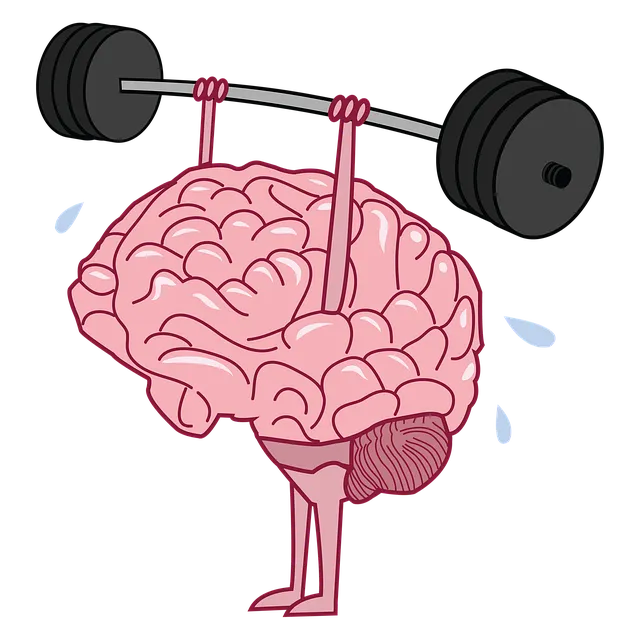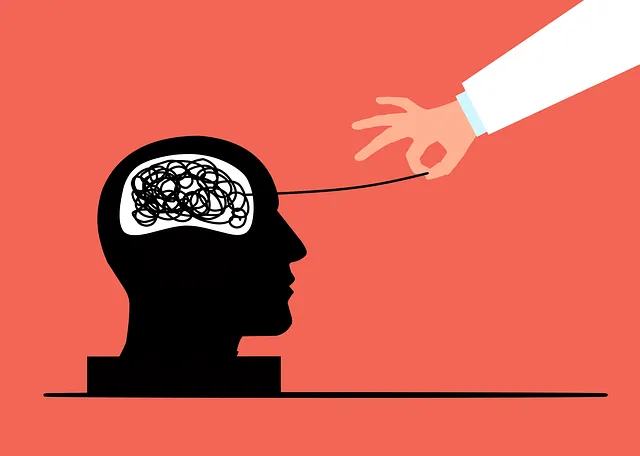The Kaiser Permanente mental health center in Castle Rock is addressing rising stress and anxiety disorders with a pioneering holistic approach. Their new mental wellness coaching program offers personalized guidance, teaching crisis intervention skills and self-care routines for effective stress management, emotional regulation, and self-compassion. This evidence-based, person-centered model integrates cultural sensitivity, social skills training, and continuous evaluation through pilot testing and participant feedback, fostering an inclusive environment for improved mental well-being.
Mental wellness coaching programs are gaining prominence, especially in corporate settings, with organizations like Kaiser Permanente recognizing their value. This article explores the development of such programs at Kaiser Permanente’s Castle Rock mental health center. We delve into understanding the growing need for these initiatives and how tailored coaching can significantly improve employee well-being. Additionally, we provide implementation strategies and continuous improvement techniques to enhance the effectiveness of mental wellness coaching in the workplace, focusing on real-world insights from a leading healthcare provider.
- Understanding the Need for Mental Wellness Coaching Programs
- Designing Effective Mental Health Coaching at Kaiser Permanente Castle Rock
- Implementation and Continuous Improvement Strategies
Understanding the Need for Mental Wellness Coaching Programs

In today’s fast-paced world, mental wellness has become a paramount concern, especially with the increasing prevalence of stress and anxiety disorders. Organizations like Kaiser Permanente mental health center in Castle Rock recognize this growing need for holistic well-being solutions. Mental wellness coaching programs are emerging as powerful tools to address these challenges by offering personalized guidance and support. These programs cater to individuals seeking not just symptom relief but also a deeper understanding of their emotional responses and overall mental resilience.
The development of such programs involves integrating various components, including Crisis Intervention Guidance, to help participants navigate stressful situations effectively. Additionally, focusing on Self-Care Routine Development for Better Mental Health is pivotal. By teaching clients practical strategies for stress management, emotional regulation, and self-compassion, these coaching programs empower individuals to take proactive steps towards a healthier, more fulfilling life.
Designing Effective Mental Health Coaching at Kaiser Permanente Castle Rock

At Kaiser Permanente Castle Rock, the development of a mental wellness coaching program reflects a comprehensive approach to addressing the mind-body connection among its diverse patient population. This mental health center recognizes that effective coaching goes beyond traditional therapy by focusing on empowering individuals with practical tools for self-care and resilience. The program is meticulously designed to foster positive thinking, enhance coping mechanisms, and improve overall well-being.
By integrating evidence-based practices with a person-centered approach, Kaiser Permanente Castle Rock ensures that their coaches are equipped to handle various mental health concerns. Social skills training plays a pivotal role in building supportive relationships and fostering cultural sensitivity within the healthcare setting. This tailored coaching model aims to create an inclusive environment where patients feel heard, understood, and supported on their journey towards improved mental wellness.
Implementation and Continuous Improvement Strategies

The development of a successful mental wellness coaching program requires ongoing evaluation and refinement to meet the evolving needs of individuals at the Kaiser Permanente mental health center Castle Rock. Implementation strategies should include pilot testing, allowing for adjustments based on initial feedback from participants and coaches. This iterative process ensures that the program design effectively addresses common challenges in mental health support, such as stress management.
Regular review sessions focused on Communication Strategies and Mental Health Education Programs Design can identify areas for improvement. Incorporating participant feedback into future iterations fosters a more inclusive environment, enhancing engagement and outcomes. Additionally, hosting Stress Management Workshops within the organization enables continuous learning and adaptation, ultimately strengthening the overall mental wellness coaching initiative.
Mental wellness coaching programs, such as those offered at the Kaiser Permanente mental health center in Castle Rock, are vital tools for promoting overall well-being. By combining understanding and practical strategies, these programs can significantly enhance individuals’ lives. As evidenced by their success at Kaiser Permanente Castle Rock, continuous improvement and tailored implementation are key to ensuring these initiatives remain effective and accessible. This approach allows for a positive impact on the community, encouraging a healthier and more resilient future for all.






